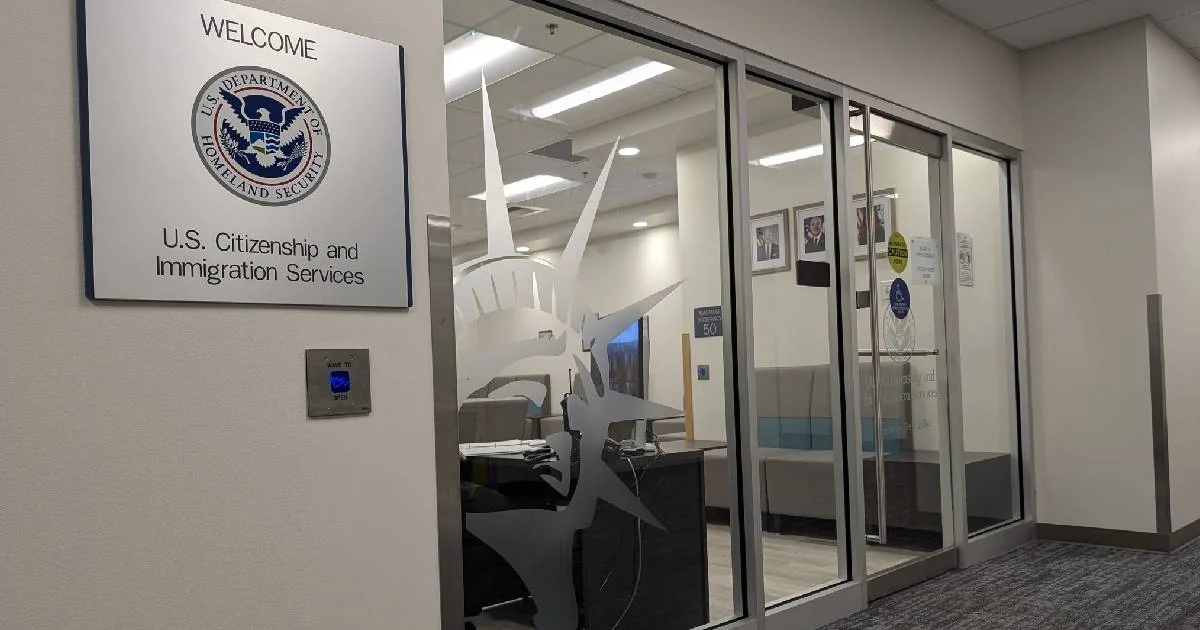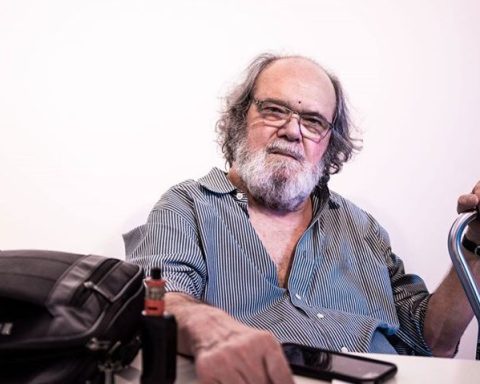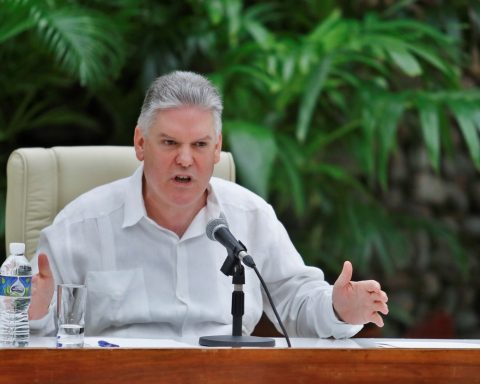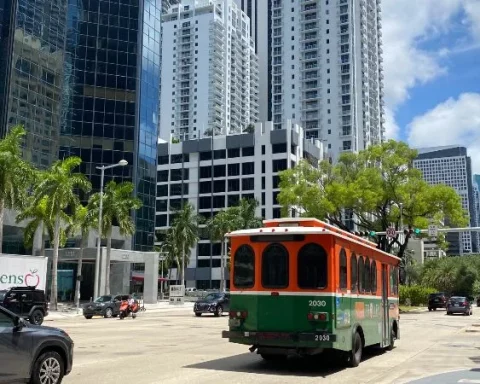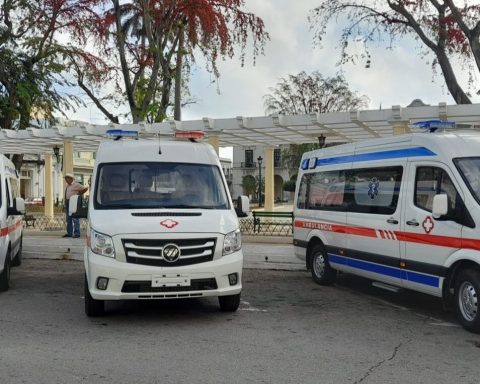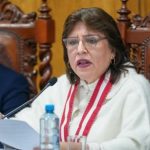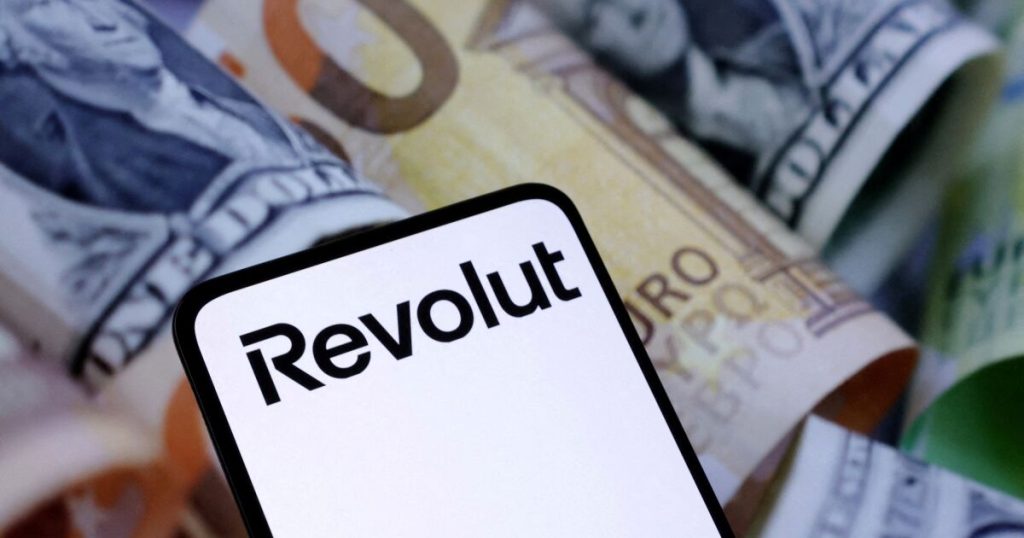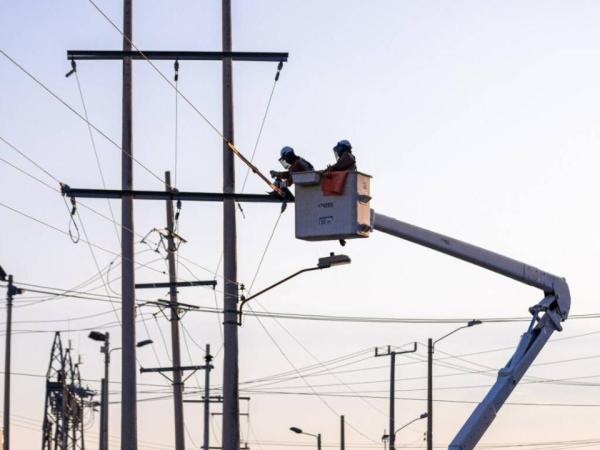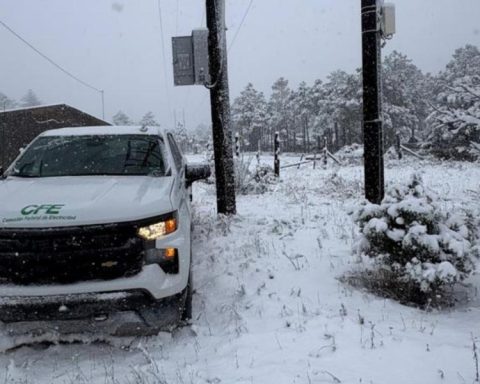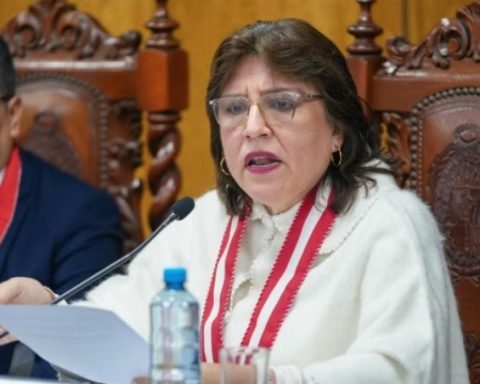MIAMI, United States. – The United States Government confirmed this week that the sponsors of the parole humanitarian must undergo fingerprinting to complete the travel authorization process for their beneficiaries. The requirement applies to all sponsors, regardless of when they began the process.
“All sponsors of the program parole humanitarian workers must undergo fingerprinting before travel authorization is issued to a beneficiary,” a Department of Homeland Security (DHS) spokesperson told Martí News.
A sponsor who requested the parole for his beneficiary in January 2023, he explained to that medium that he received the appointment for fingerprints almost a year after the initial approval.
For its part, DHS clarified that it is not necessary to wait to receive a notification by postal mail to attend the appointment. An official from the United States Citizenship and Immigration Services (USCIS) explained that “with the digital receipt that reaches their USCIS account, they can appear at the center to have their fingerprints taken and they will be processed.”
The program parole humanitarian aid, implemented in January 2023 by the Biden administration, has allowed the arrival of 530,000 people to the United States, including more than 110,000 Cubans. However, Washington recently reported that those who receive this parole They will have to find a way to regularize their immigration status, since the permit will not be renewed after two years.
In late August, DHS announced that Advance Travel Authorizations (ATA) were being reinstated for beneficiaries of the parole humanitarianafter being suspended earlier this month following the revelation of an internal report that exposed significant levels of fraud.
Following their reinstatement, a greater review of sponsors’ financial records and criminal records, an investigation to uncover profiles of fraudulent sponsors, and more rigorous review mechanisms to detect trends in serial applications were introduced.
Also added to the process was the registration of fingerprints of the sponsors in the United States and a background analysis of the possible beneficiaries.
A report from the Office of Customs and Border Control (CBP) indicates that until August they have entered the United States under the parole humanitarian more than 110,000 Cubans, 210,000 Haitians, almost 93,000 Nicaraguans and almost 117,000 Venezuelans.
In total, more than 2.6 million migrants from Haiti, Nicaragua, Venezuela and Cuba had requested entry to the United States through the program as of July.
